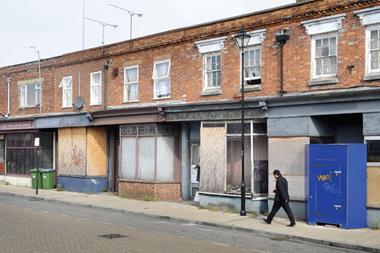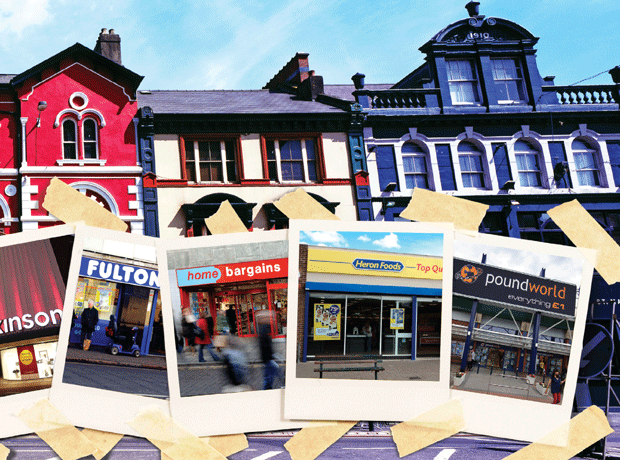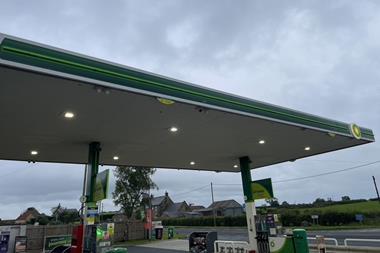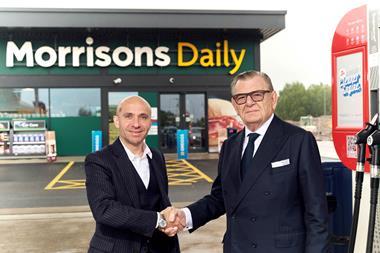Retail experts have attacked plans by Labour leader Ed Miliband for communities to have a veto over which shops are allowed onto the high street.
Miliband has revealed he would give councils a right to decide which types of businesses can operate in towns, claiming the government has “caved in” to businesses.
Speaking in Ipswich on Monday at the launch of a local election campaign, Miliband said Labour would allow “new powers so that local people can have a say about which type of shops they want to see and which they don’t”.
But the British Retail Consortium warned the move would set a dangerous precedent that could damage the viability of hard-pressed high streets even further. “What we need is more flexibility over use classes in the planning system not restrictions,” said a spokesman.
“Our high streets are undergoing a period of rapid change. They need to be able to adapt quickly to changing circumstances – changing customer lifestyles and buying preferences. We do need an appropriate mix of retailers and other service providers in our town centres but regulating types of businesses is not the answer.“
Such regulation would restrict the development of high streets and the chances of securing new business uses for premises, he said. “The government has already committed to a review of the system of use classes. The sooner it progresses its review, the better,” added the spokesman.
Damage to economy
Miliband’s intervention comes in the same week as a new report on the scale of the damage being done to the UK economy by retail collapses.
Research from Company Watch found that the 20 largest retail failures since 2012 had cost taxpayers, suppliers, landlords and employees £1bn in unpaid bills. The list of 20 retailers included HMV, Peacocks and Comet.
The study also found that 25,872 shops had closed in the top 650 town centres since the start of 2012. Of these, 17,532 were independent, Company Watch said.
Image credit: Ed Miliband/Flckr

















1 Readers' comment